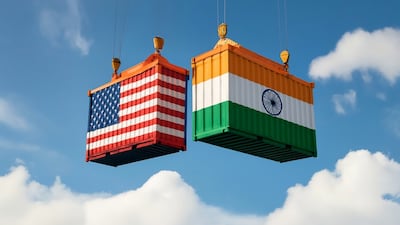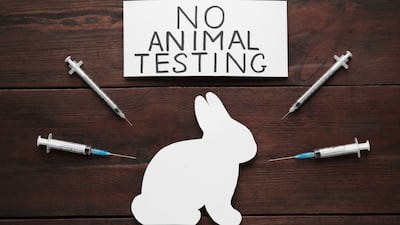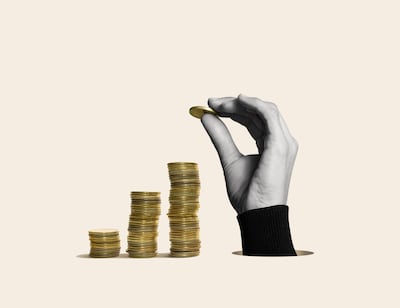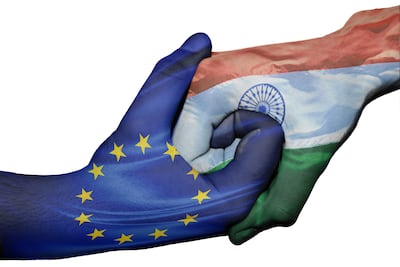India
Country
The US-India dance on pharma goes on as they announce a trade deal framework that continues to exempt generics from the reduced 18% tariffs till a “negotiated outcome” is reached post a Sec. 232 investigation. However, oil imports from US could increase costs for pharma
A new report identifies opportunities to implement the 3Rs principle in India, calling for a waiver of redundant animal testing for generics and NCEs/NBEs and alignment with global regulatory frameworks. Will India shift gears to adopt harmonized NAM-first policies?
Strides Pharma aims for higher revenues from Canada and other ex-US markets while waiting for controlled substances to ramp up gradually under the leadership of ex-Apotex CEO Peter Hardwick. However, a cut in US funding for the Global Fund is hurting the company and its competitors.
Slovenia’s Krka is ramping up capital spending to expand global manufacturing capacity, betting that industrial scale and supply resilience will drive its next phase of growth.
Sun’s founder reinforces the firm’s M&A strategy, indicating that it is "comfortable raising debt" if required, but shares no specific comment on the speculated interest in Organon. The Indian company also has "sufficient supplies" to meet demand for generic semaglutide in India post LoE.
India’s budget backs plans to scale production of biologics and biosimilars, shore up its clinical trials network and strengthen the regulatory framework. Customs duty exemptions given to several big pharma therapies, including those of Novartis and Takeda.
Strides Pharma aims for higher revenues from Canada and other ex-US markets while waiting for controlled substances to ramp up gradually under the leadership of ex-Apotex CEO Peter Hardwick. However, a cut in US funding for the Global Fund is hurting the company and its competitors.
Sun’s founder reinforces the firm’s M&A strategy, indicating that it is "comfortable raising debt" if required, but shares no specific comment on the speculated interest in Organon. The Indian company also has "sufficient supplies" to meet demand for generic semaglutide in India post LoE.
Huge opportunities for OTC therapies loom in India, as consumerization brings structural reset in healthcare. Success stories on Rx-to-OTC transition augur well for pharma, but a predictable regulatory roadmap will be pivotal for sustainable growth.
Huge opportunities for OTC therapies loom in India, as consumerization brings structural reset in healthcare, as per a new report by EY-Parthenon. Success stories on Rx-to-OTC transition augur well for pharma, but a predictable regulatory roadmap will be pivotal for sustainable growth.
From a biofoundry network and pharma industry backed AI research organization to a small-molecule repurposed drug in Duchenne’s muscular dystrophy, experts discuss a number of advances underway as India seeks to move up the innovation ladder.
Conclusion of India-EU talks sets ground for a free trade agreement to cut pharma tariffs, in turn lowering the cost for novel drugs like Novo’s obesity treatment Wegovy, though an investment protection agreement – likely influencing data exclusivity – will be concluded later.








